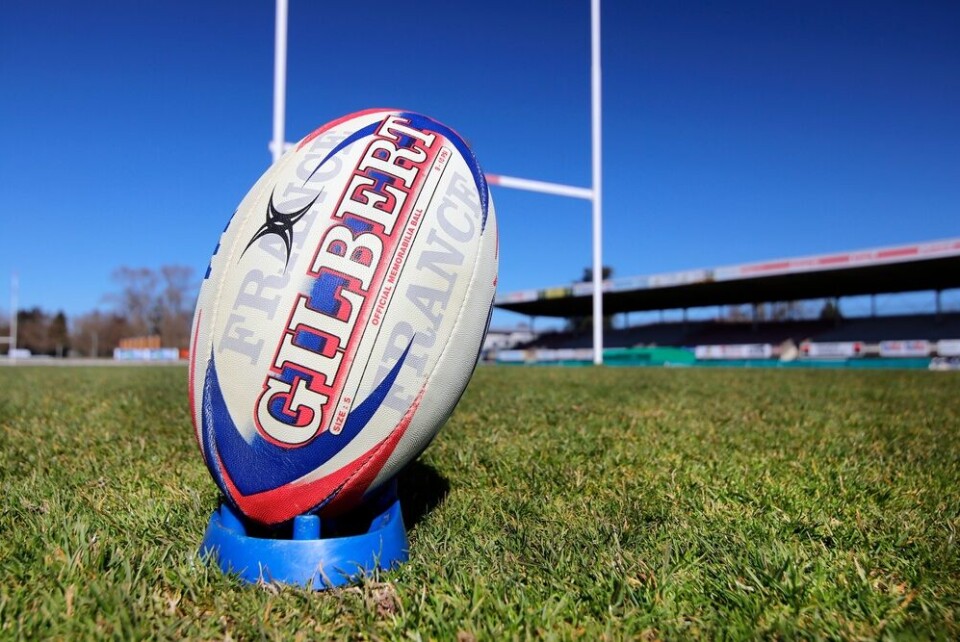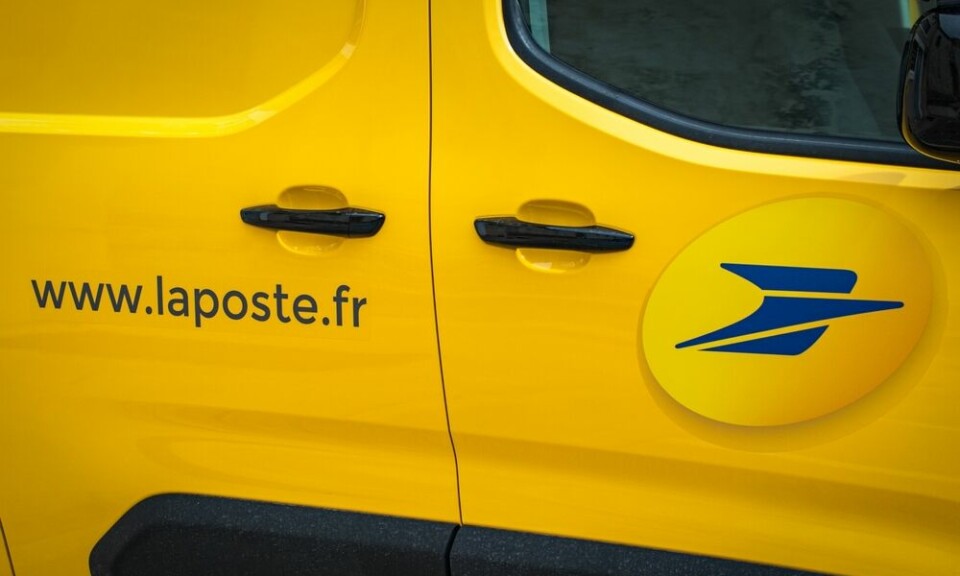-
Beaches: the different words for stone in French
Beaches in holiday hotspots such as Nice are famous for their pebbles
-
Eight examples of French romanticising everyday language
From death and black eyes to cooking and moving forward, French has a way of romanticising life
-
5 podcasts to improve your French this summer
Listening is one of the most important language skills to grasp and podcasts are a great tool
Why French journalists use four words when one would do
If you wondered what phrases such as l'ovalie , La cité phocéenne or ‘ il a vu le jour ’ mean then you are the victim of an interesting if sometimes confusing cultural trait

It is traditionally considered bad form in written French to repeat a name, job title or place name in an article and French journalists therefore use a range of sometimes exotic-looking alternatives to get around this problem.
As we explain in our October edition in which one of our French journalists, Théo Larcher, discusses French and 'Anglo-Saxon' newspaper training, French journalists also take pride in being ‘wordsmiths’. They like to show off their culture, sometimes at the expense of getting quickly to the point…
Here are some of the more common or amusing examples you may come across (hint: the ones we used above refer to the city of Marseille and being born).
In politics
Paraphrases in political articles are very common, and you may find entire articles where the ministries or governments are never referred to by name.
For instance, Matignon is a synonym for the Prime Minister, the Quai d’Orsay for the Ministry of Foreign Affairs, Bercy is the Finance Ministry, the Élysée refers to the President, and the Palais du Luxembourg is another name for the Senate.
All of these are based on the addresses of buildings where they are housed, such as '10 Downing Street' in the UK. Just to complicate matters, French journalists might add to this, such as referring to the president as le locataire de l’Elysée (the Elysée’s tenant).
Members of the Constitutional council are called Les Sages and members of the Académie Française are called Les Immortels, which is why the institutions themselves are sometimes also called by that name.
Some famous figures also have monikers that the French press enjoys using, such as Le Pontife for the Pope, Le Maréchal for Philippe Pétain or Le Général for De Gaulle.
In geography
There is no shortage of nicknames for countries and cities in French, some of which may be obscure even for French people.
The most famous ones are La Ville Lumière for Paris, La capitale des Gaules for Lyon, La ville rose for Toulouse or La cité des papes for Avignon.
La cité phocéenne for Marseille is named after the ancient Greek city of Phocaea, whose sailors founded Marseille.
China is also known as L’Empire du Milieu and Japan as Le royaume du soleil levant.
Britain can sometimes rather unkindly be referred to as Le Perfide Albion, a pejorative phrase used within the context of international relations, literally the untrustworthy white land originating from the White Cliffs of Dover.
To avoid repeating language names, French writers like to refer to their most famous literary figure. For instance la langue de Molière for French, la langue de Shakespeare for English, la langue de Dante for Italian or la langue de Goethe for German.
Other common phrases
Some common words in French also have flowery synonyms.
For instance, sometimes a person isn’t born, they voir le jour (literally ‘see the day’). They do not die either, they s’éteindre (extinguish themselves).
A country does not surrender, they déposent les armes, a person does not give up, they baissent les bras.
Different categories of the arts all have their own numbers, for example cinema is sometimes referred to as le 7eme art (seventh art) or cartoons are le 9e art.
Petrol is known as l’or noir (black gold).
The press, meanwhile, may be referred to as le quatrième pouvoir (this term also exists, but is not very common, in English, as ‘the fourth estate’).
Read more: Why are newspapers known as canards (ducks) in French?
Football may be called le ballon rond, in opposition to rugby which is referred to as le ballon ovale or l’ovalie.
The latter would be roughly ‘ovaldom’ or ‘ovalness’ and refers to the world of rugby in general. It can also refer, sometimes with a capital letter, to the part of France with the most major rugby clubs, ie. the south and south-west.
Here is an example:
Now you are an expert on French journalist-speak, we hope you can understand the following (hypothetical) phrase that we think a French journalist might have come up with:
“The Connexion, journal ayant vu le jour en 2002, est un pilier du quatrième pouvoir écrivant dans la langue de Shakespeare sur l'actualité de l’ovalie, de la ville Lumière, de Matignon et du locataire de l'Elysée. Il va publier un nouvel article sur une Immortelle qui s’est éteinte en août dernier.”
























